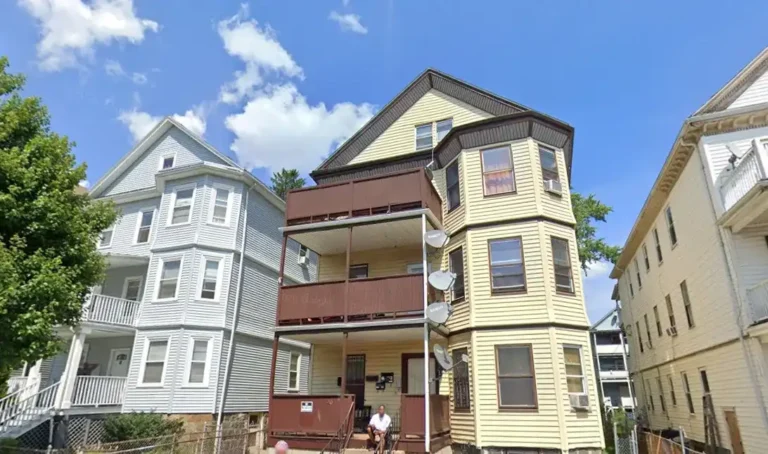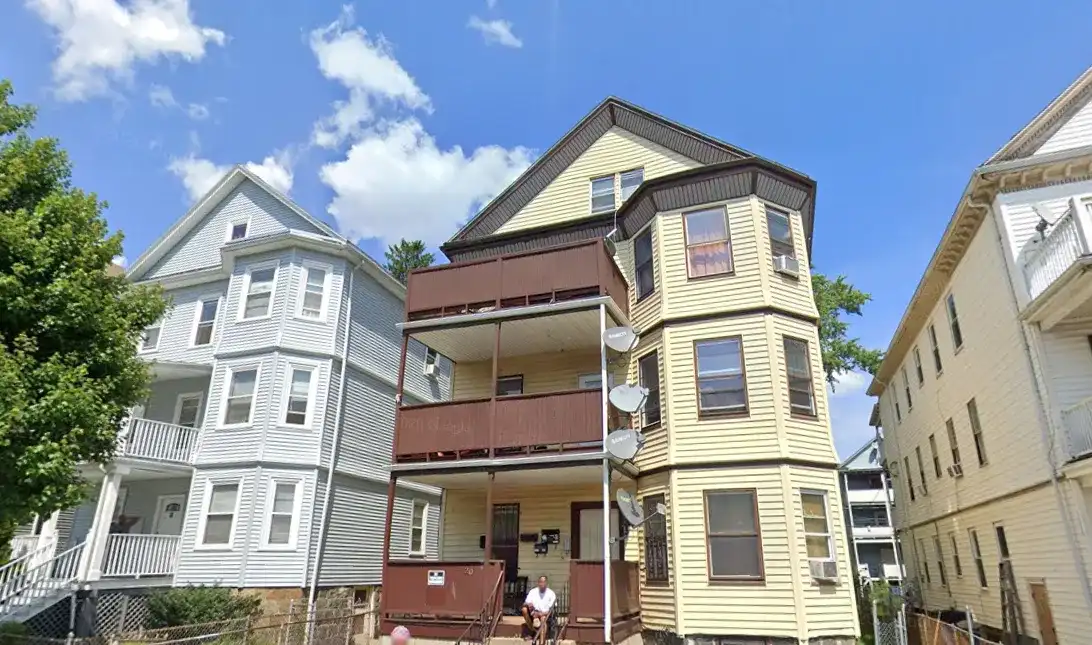Does your brain go back to normal after drinking?

Studies elucidating the underlying mechanism of action of the complex dopamine–alcohol interaction have been conducted. On the other hand, local administration of the dopamine D2 receptor antagonist, sulpiride, into the anterior VTA did not alter alcohol nor sucrose intake in high‐alcohol‐preferring rats 142. It should also be mentioned that accumbal dopamine D1 receptor might regulate alcohol‐induced reward.
How do you increase dopamine without alcohol?
- Further research aimed at clarifying the interaction between the DA system, the glutamatergic system and other neurotransmitter systems is needed before it will be possible to improve the effectiveness of interventions for preventing and treating alcohol dependence.
- That means you can go after your goals much more easily, without losing motivation.
- The research team found the brains of deceased alcoholics to have fewer D1 dopamine receptors, sites in the brain where dopamine binds and excites neurons, the specialized brain cells that transmit nerve impulses.
- Different alleles of the genes in the various pathways are being studied in different population groups across the world.
- There is no one answer to this question, as different people have different experiences with alcohol and depression.
- This adaptation is the brain’s attempt to maintain balance in the face of frequent alcohol-induced dopamine surges.
- Dopamine is a neuromodulating compound that is released in the ventral tegmental area (VTA) and projects to the nucleus accumbens (NA) where it is acutely involved in motivation and reinforcement behaviours.
Similarly, Kiianmaa and colleagues28 found no differential increase of extracellular DA concentration in the NAc between AA and ANA rats after microdialysis of ethanol. does alcohol deplete dopamine These varying results may be due to the use of different animal models or different research protocols. Many medical practitioners recommend a ninety-day time frame for dopamine recovery.

Does Alcohol Release Dopamine

However, https://ecosoberhouse.com/ some people might do better with an intensive outpatient program. Typically, these therapies take place in the evenings, which lets you work around your schedule. I would like to acknowledge my faculty at Amity Institute of Biotechnology, Dr. Manju Pathak for her unwavering support and encouragement in writing this review paper. She single-handedly inspired me to undertake this task and the work would not have borne fruition without her support and guidance.
When do serotonin levels return to normal after quitting smoking?
- (For more information on glutamate receptor subtypes, see the article by Gonzales and Jaworski, pp. 120–127.) Consequently, dopamine can facilitate or inhibit excitatory neurotransmission, depending on the dopamine-receptor subtype activated.
- Dopamine levels fall, and the euphoric buzz goes with it, but your brain is looking to regain the feeling caused by the increased level of dopamine.
- These findings are further substantiated by the data showing that peripheral administration of the dopamine D2 receptor antagonist fluphenazine decreased responding for alcohol, without affecting responses for water in rats 133.
- While alcohol overwhelms the brain’s pleasure or dopamine receptors, it also causes extreme dopamine withdrawal when someone with a chronic drinking problem abruptly quits.
Over time, people with alcoholism commonly experience significant disruptions in their higher-level mental functions. One of the chief higher-level disruptions caused by chronic alcohol exposure is a reduction in the ability to make, store and organize memories. Our findings are the first to identify the dopamine-related functional connections underlying alcohol-related AB in humans.

About Neurolaunch
- These nAChR antagonists are limited in a clinical setting due to low blood–brain barrier permeability and an unfavourable side effect profile.
- However, there is still some debate as to whether or not drinking alcohol actually causes this depletion.
- Sipping that cocktail might feel like pure bliss, but your brain’s dopamine dance tells a far more complex tale.
- Dopamine is a precursor (forerunner) of adrenaline and a closely related molecule, noradrenalin.
- It also encourages us to work hard, concentrate, and seek out new experiences.
As discussed later in this article, however, alcohol does not induce a comparable habituation. Dopamine’s effects on neuronal function depend on the specific dopamine-receptor subtype that is activated on the postsynaptic cell. For example, different subpopulations of neurons in the striatum carry different dopamine receptors on their surfaces (Le Moine et al. 1990, 1991; Gerfen 1992). Dopamine binding to D1 receptors enhances the excitatory effects that result from glutamate’s interaction with a specific glutamate receptor subtype (i.e., the NMDA receptor4). Conversely, activation of D2 receptors inhibits the effects induced by glutamate’s binding to another glutamate-receptor subtype (i.e., the AMPA receptor5) (Cepeda et al. 1993). (For more information on glutamate receptor subtypes, see the article by Gonzales and Jaworski, pp. 120–127.) Consequently, dopamine can facilitate or inhibit excitatory neurotransmission, depending on the dopamine-receptor subtype activated.
Striatal activation to monetary reward is associated with alcohol reward sensitivity

The neurotransmitter system affected by alcohol is Rewards and Grooming (Rg), which is responsible for the pleasure we feel from rewards like sex, food, and money. Alcohol can cause negative consequences, such as addiction, when it affects this system. It’s crucial to remember that dopamine receptor recovery is a gradual process that requires patience and persistence. The brain has an remarkable ability to heal and adapt, but this healing takes time. Setbacks and challenges are normal parts of the recovery journey, not signs of failure. The importance of professional support during recovery cannot be overstated.
The CDC estimates that excessive drinking costs the United States more than $249 billion (yes with “b”) each year when measured for loss in work and job productivity, health care expenses, law enforcement, and vehicle crashes. Alcohol makes it harder for the brain areas controlling balance, memory, speech, and judgment to do their jobs, resulting in a higher likelihood of injuries and other negative outcomes. Long-term, heavy drinking causes alterations in the neurons, such as Oxford House reductions in their size. For those with WKS, thiamine and vitamin supplements can improve brain function. Early diagnosis of alcohol-related dementia, hepatic encephalopathy, and FAS can halt alcohol-related brain damage and lifestyle changes may even reverse deterioration.

